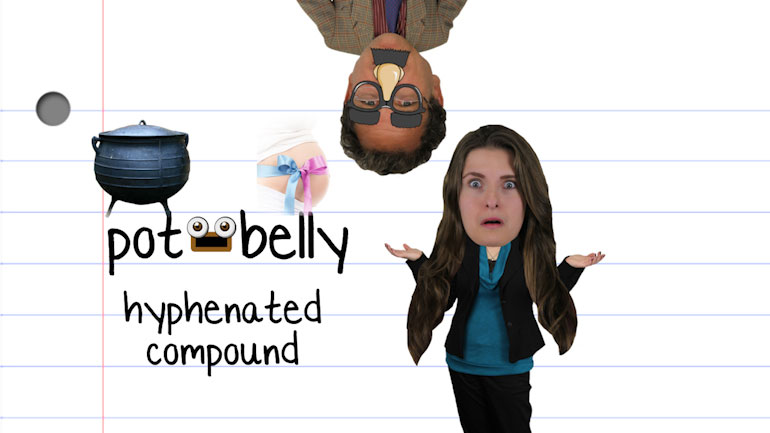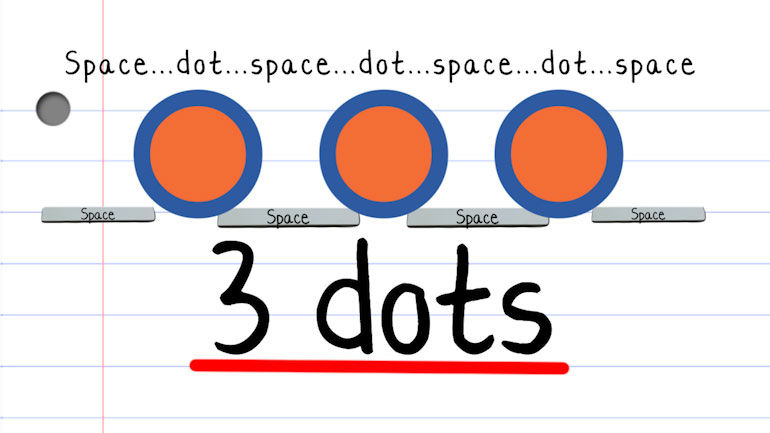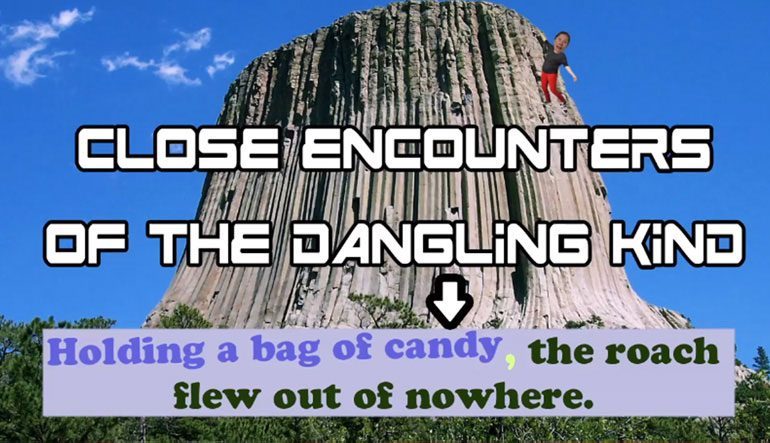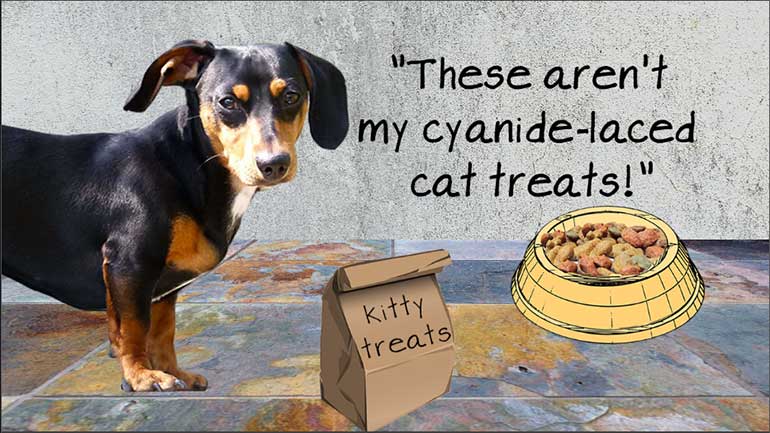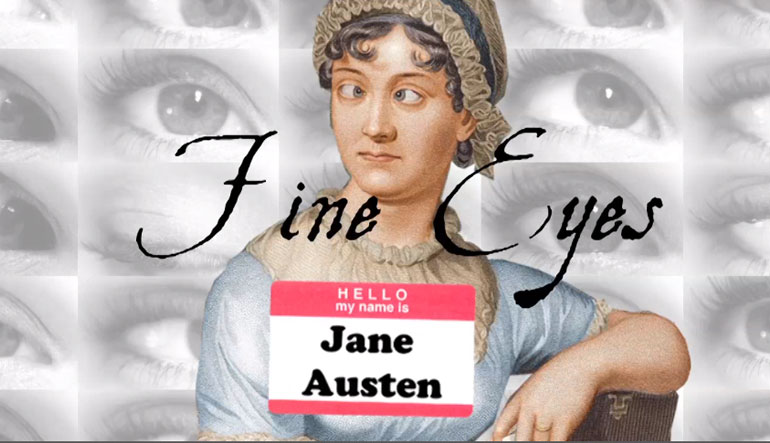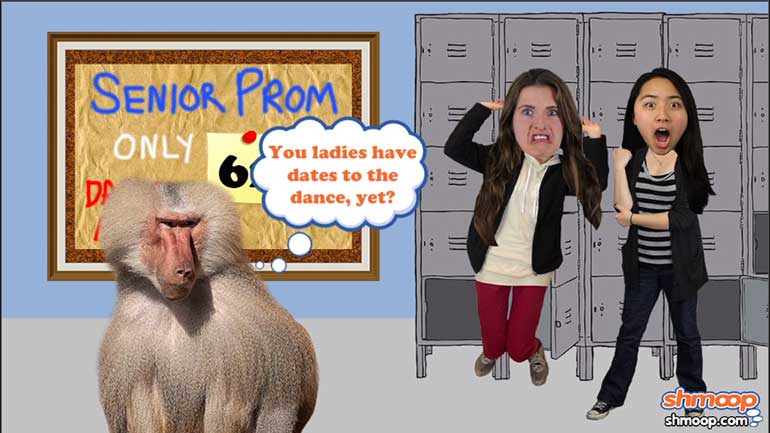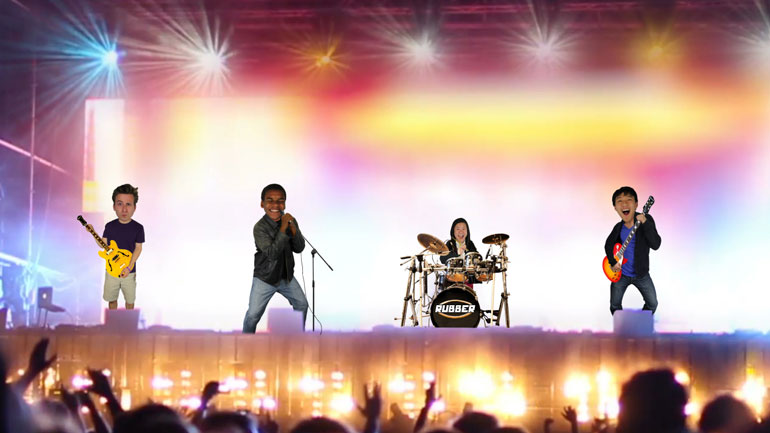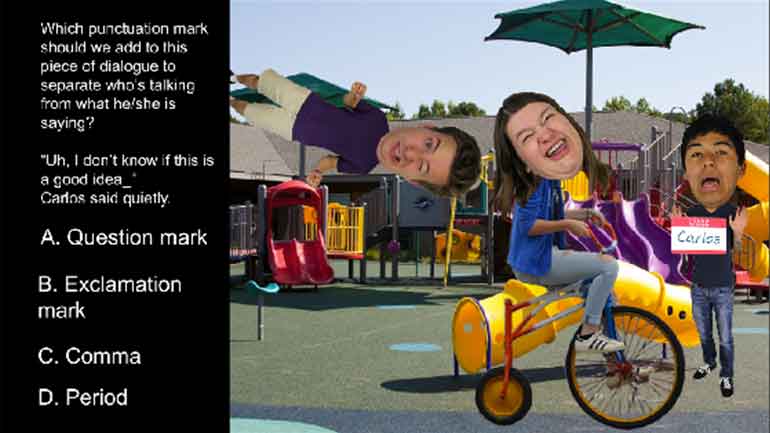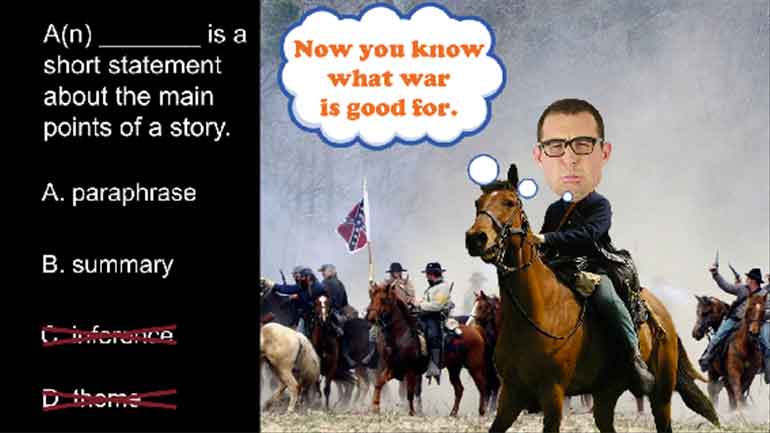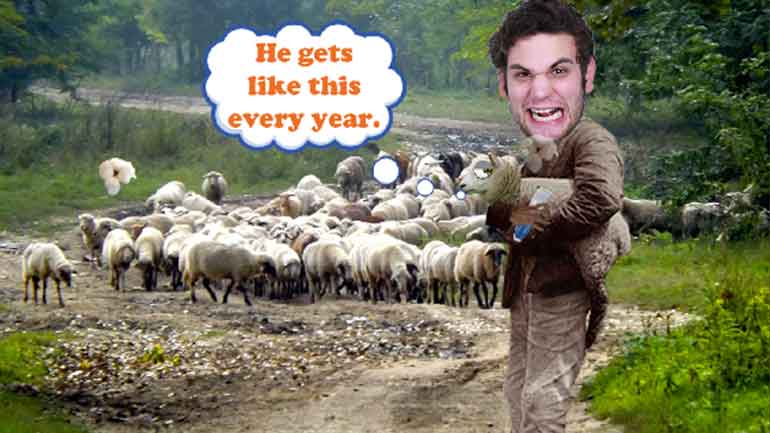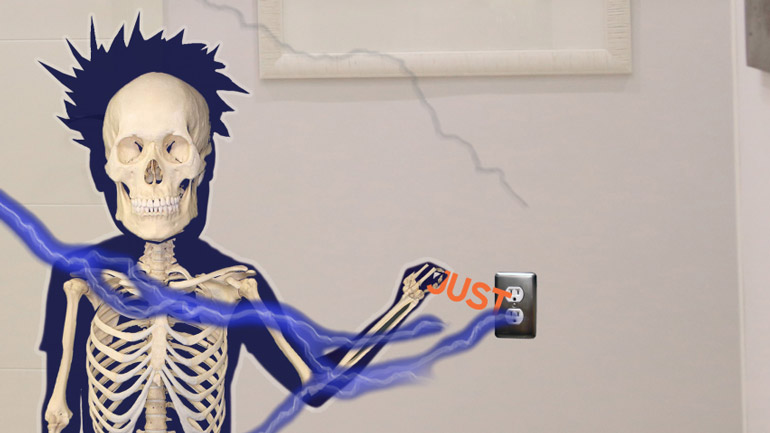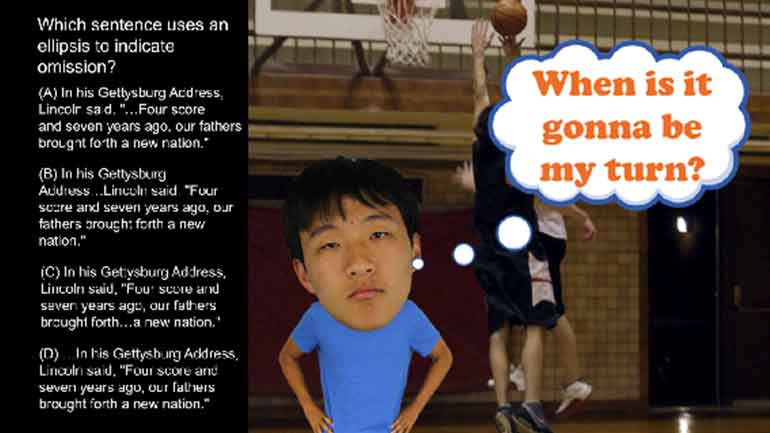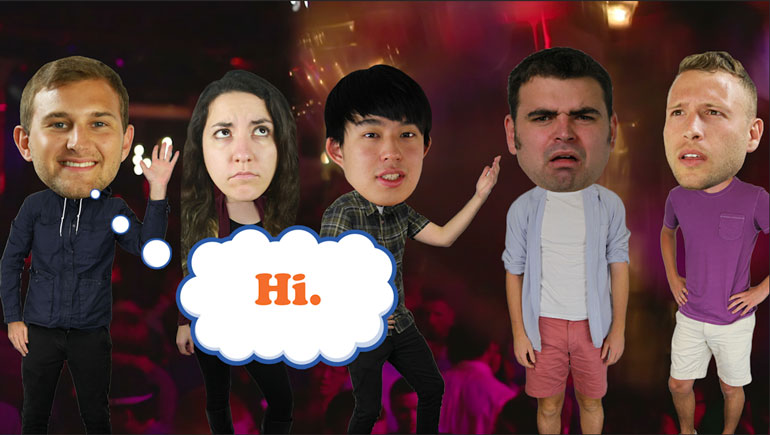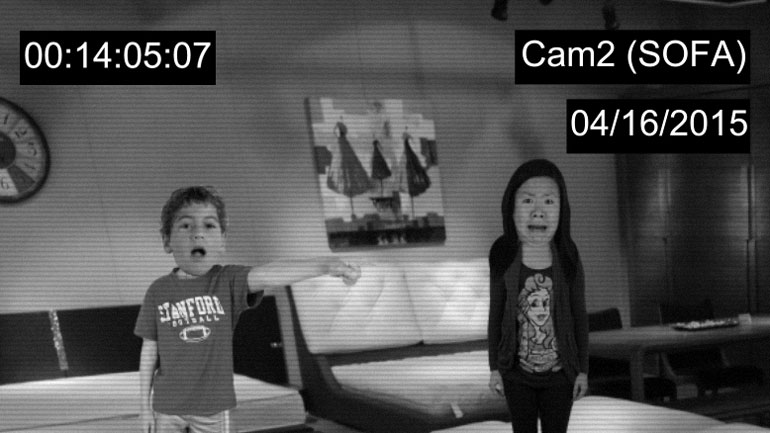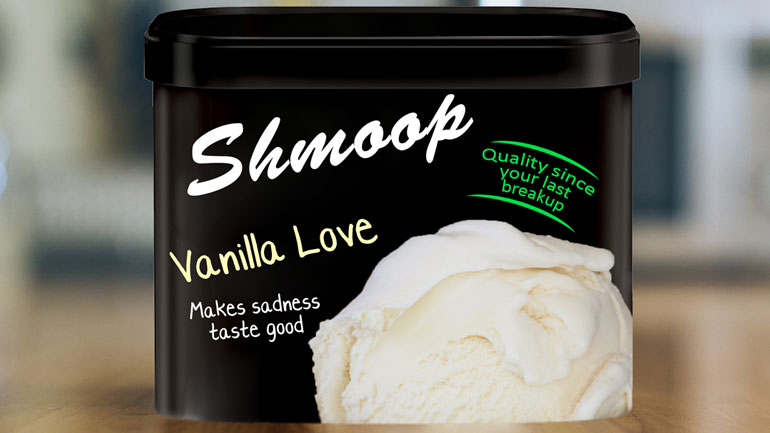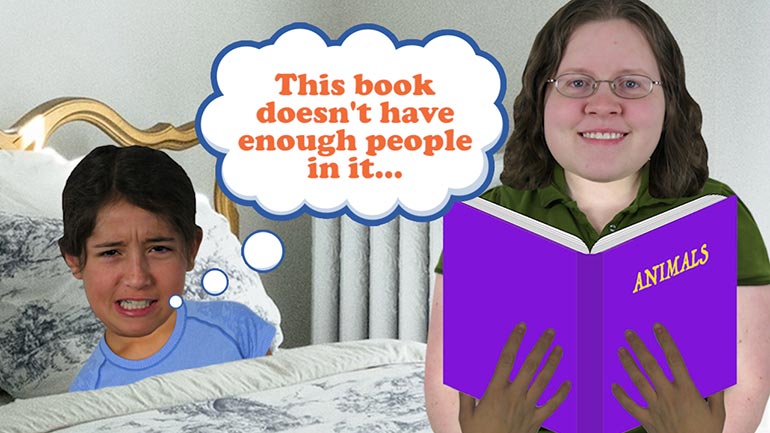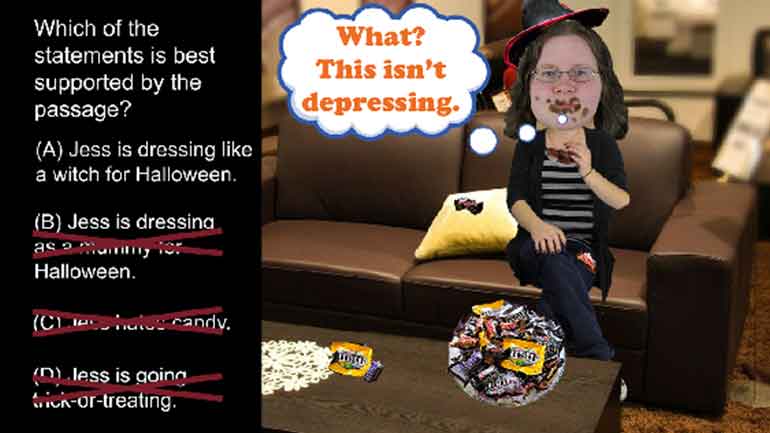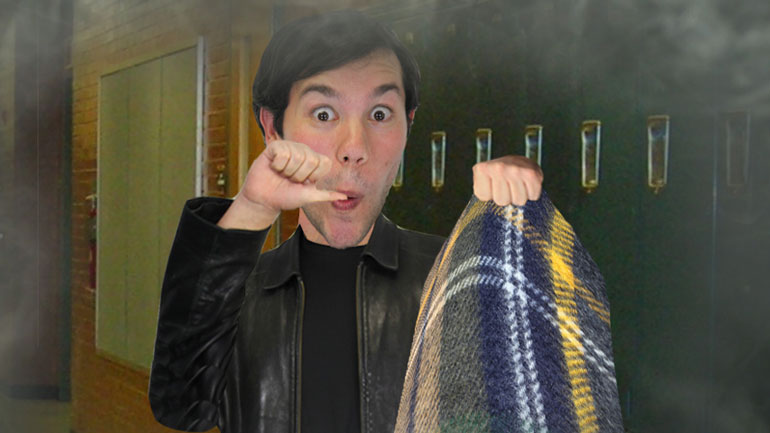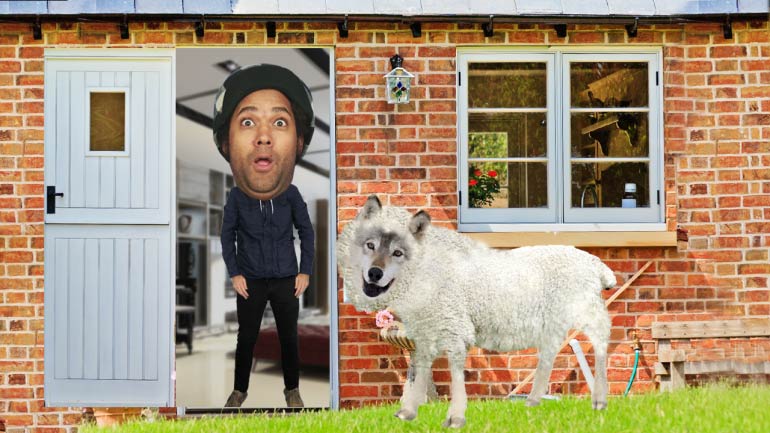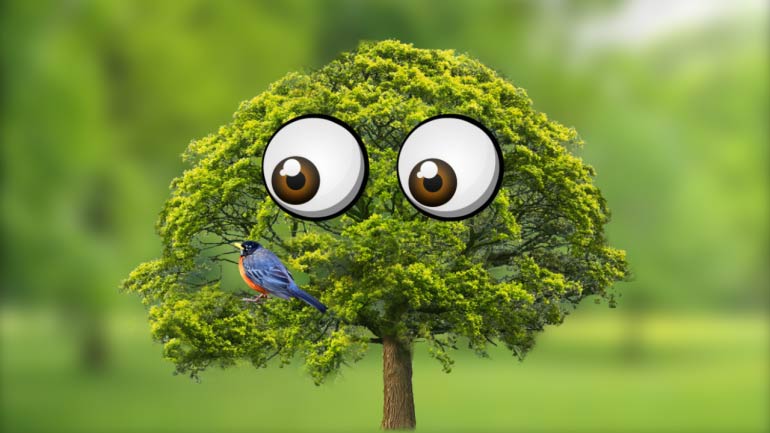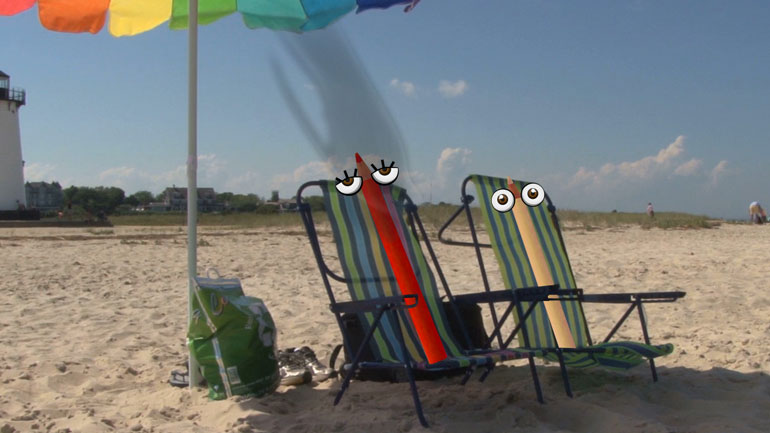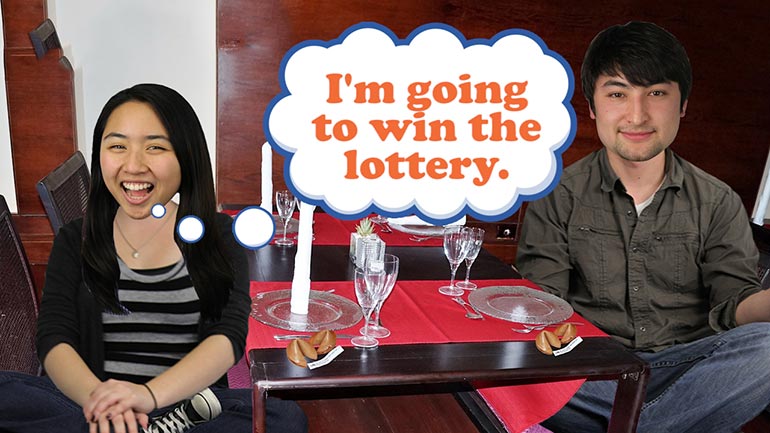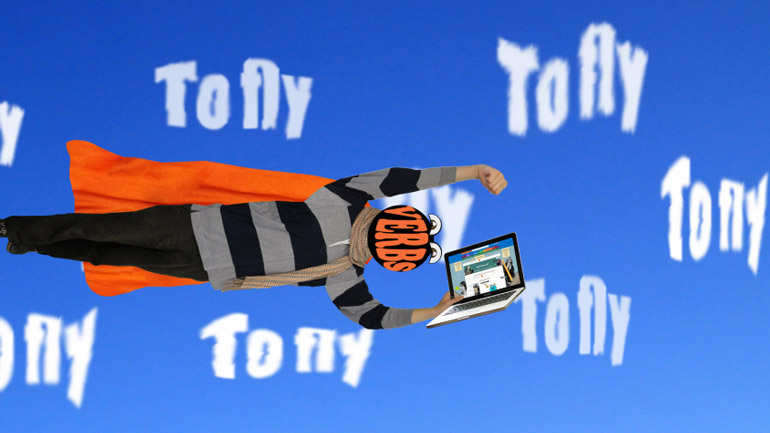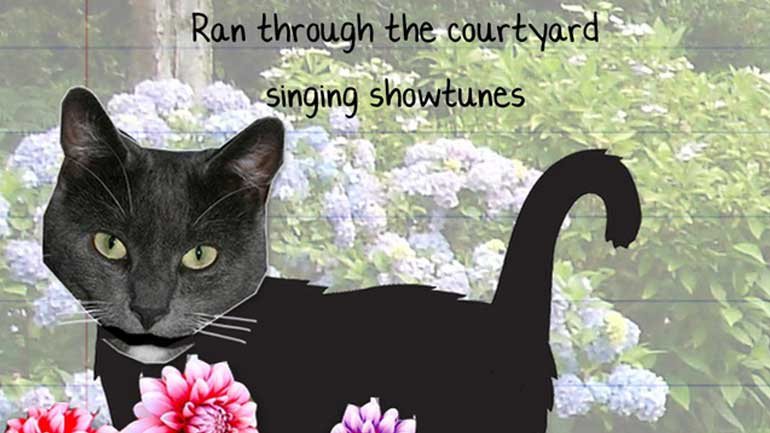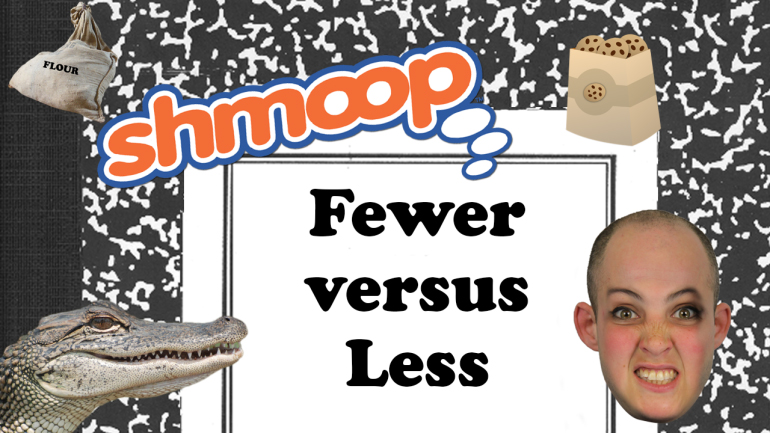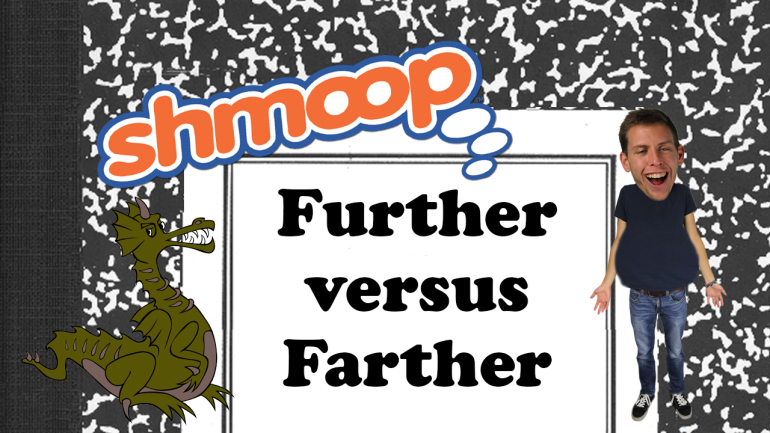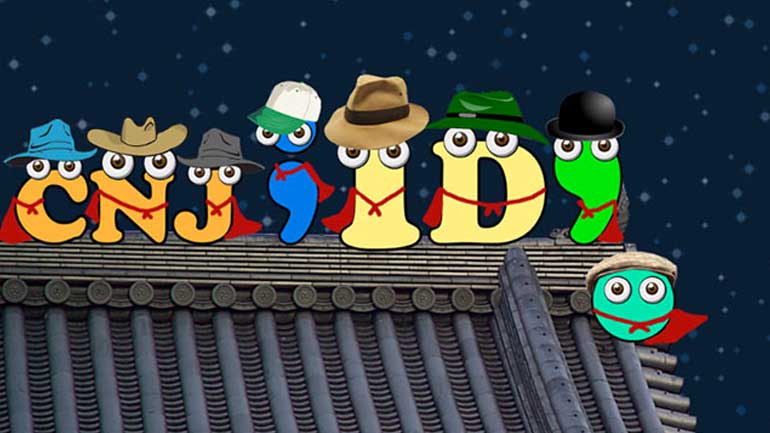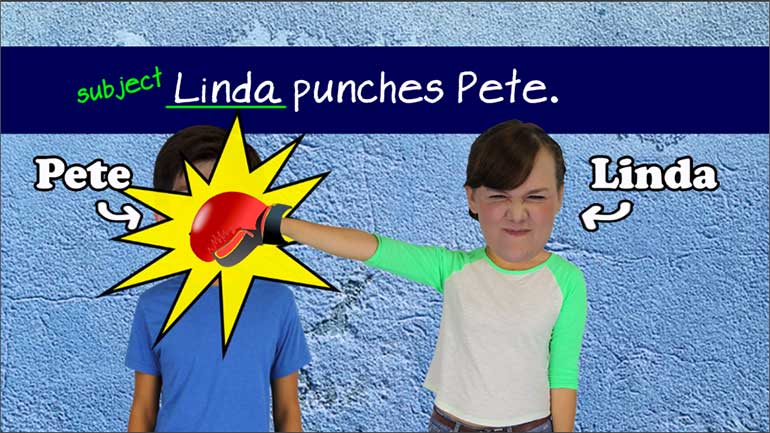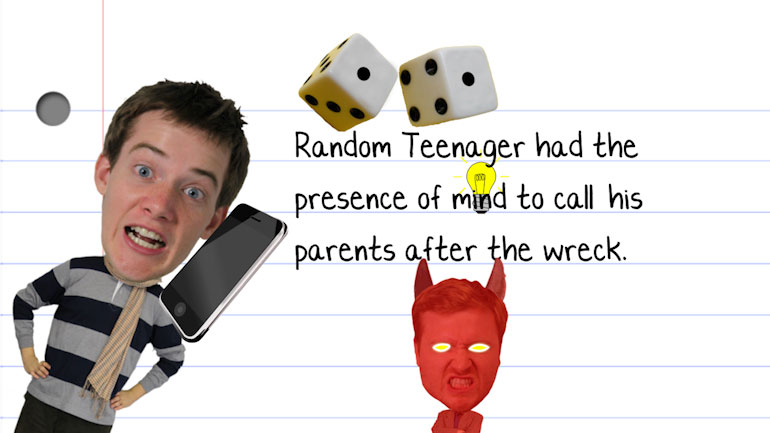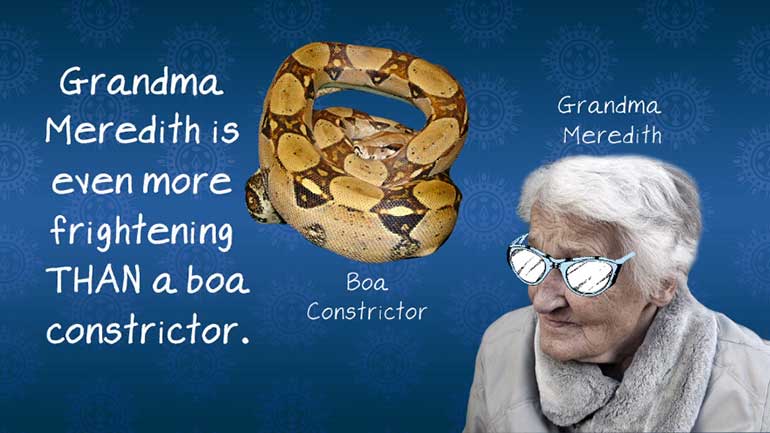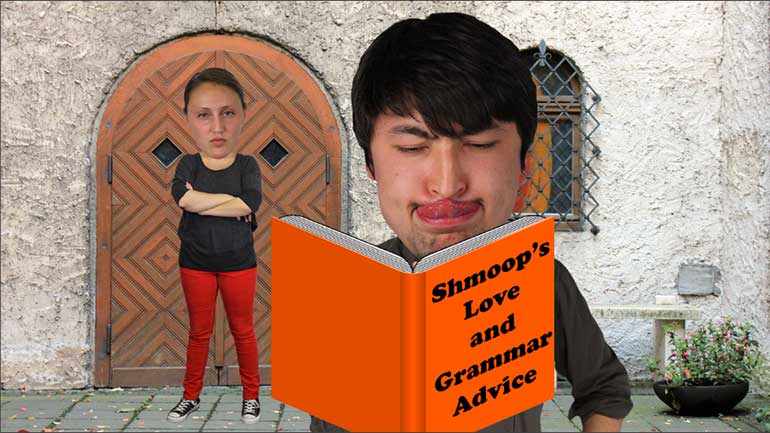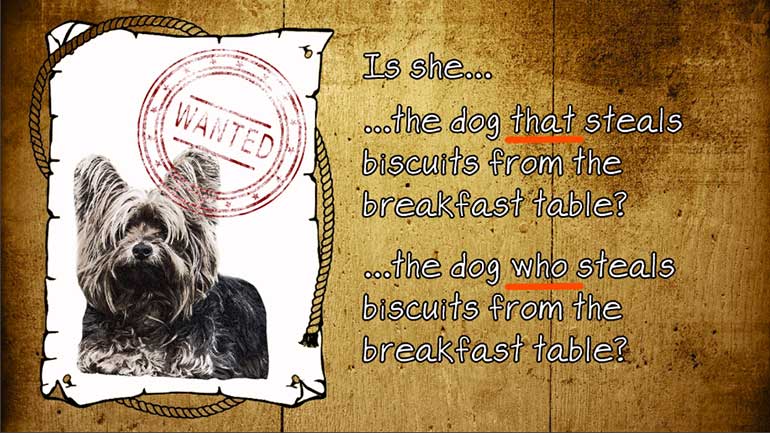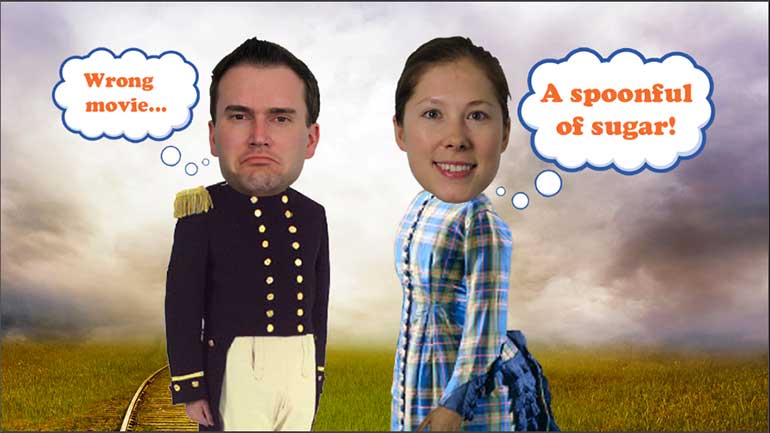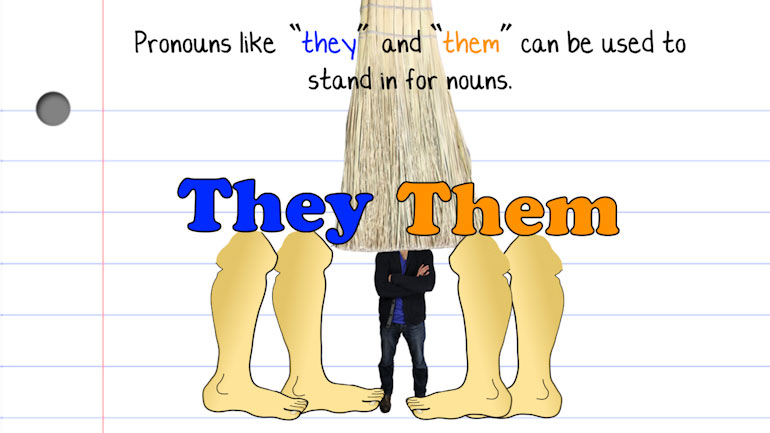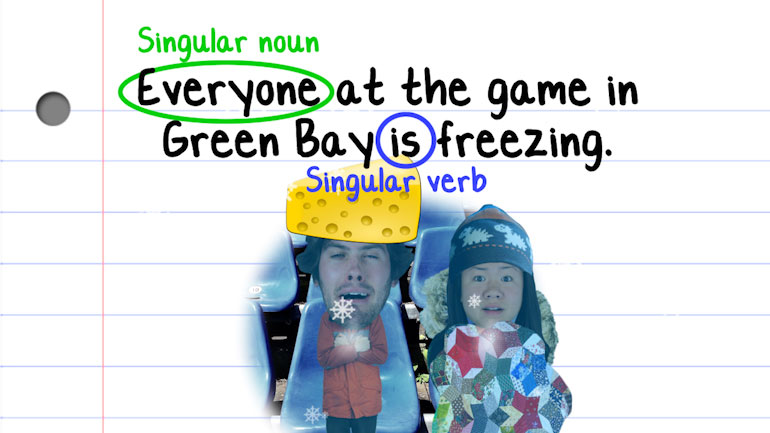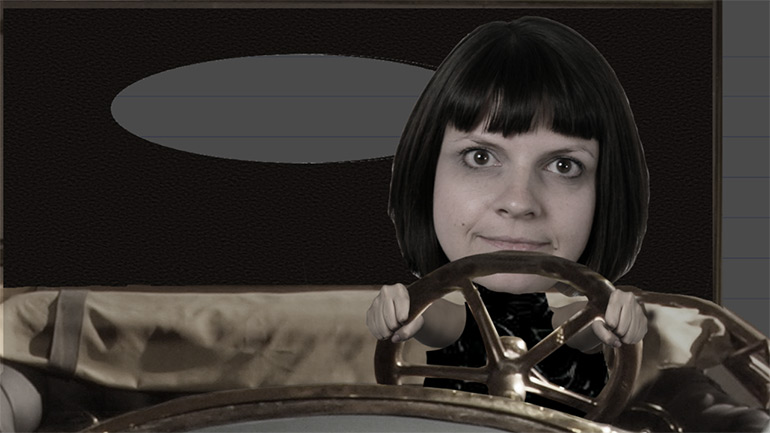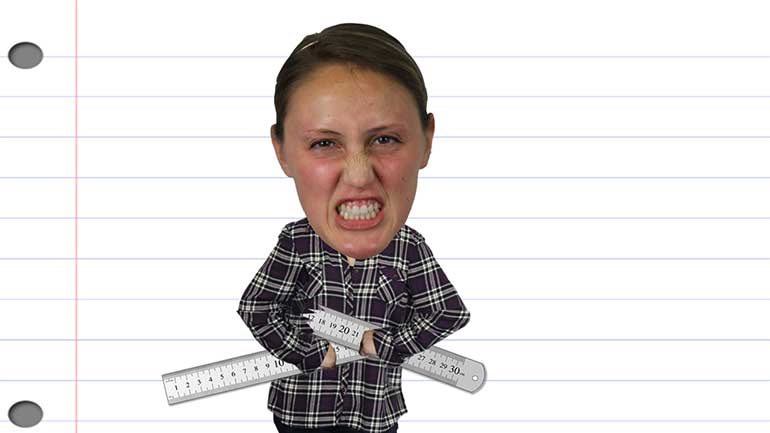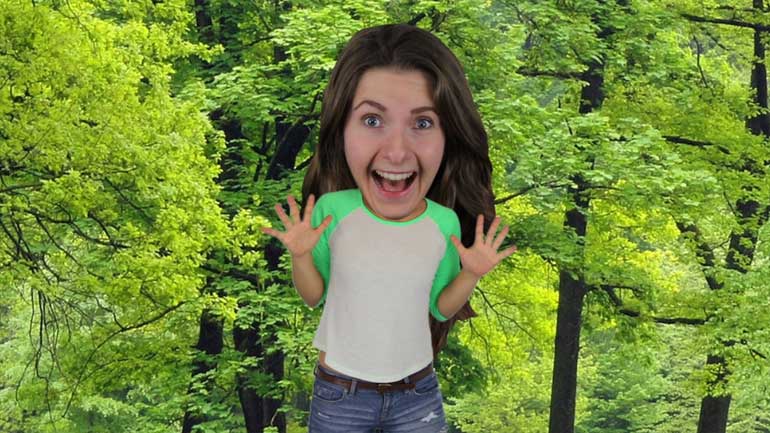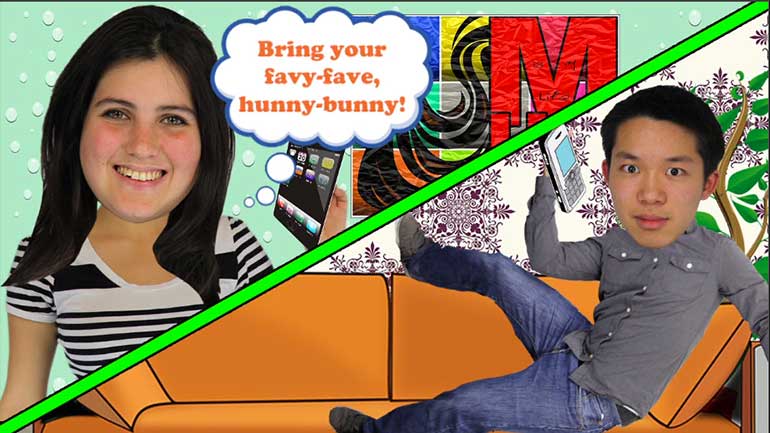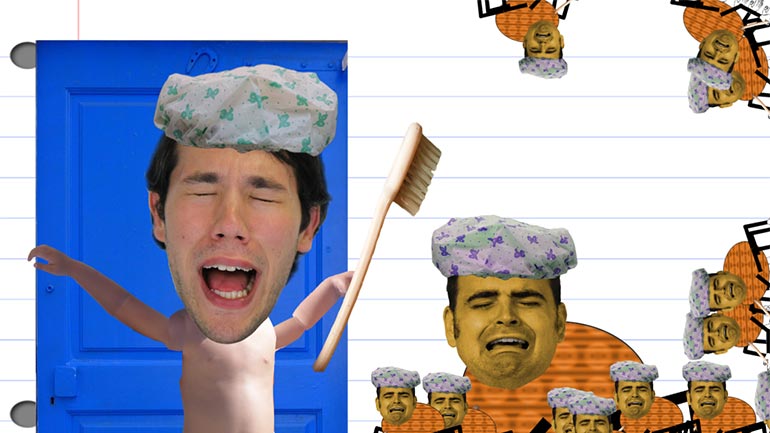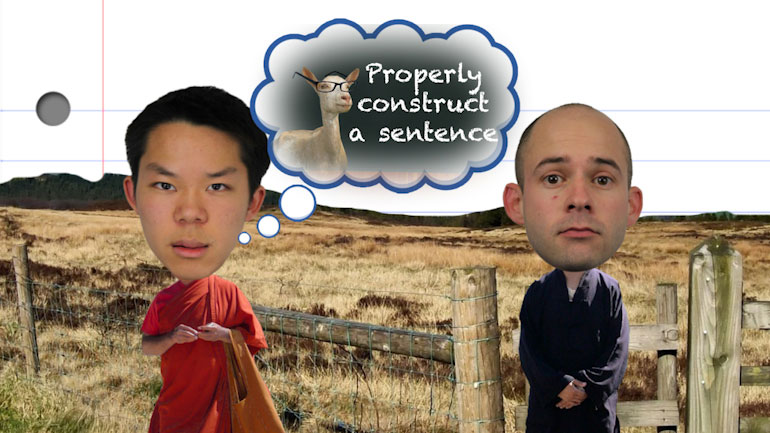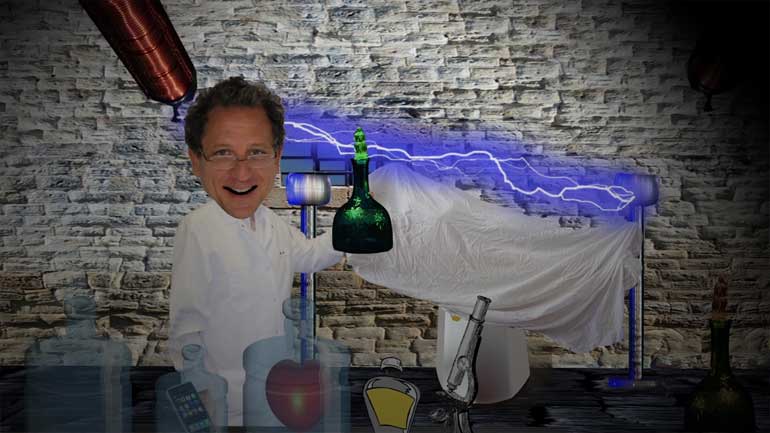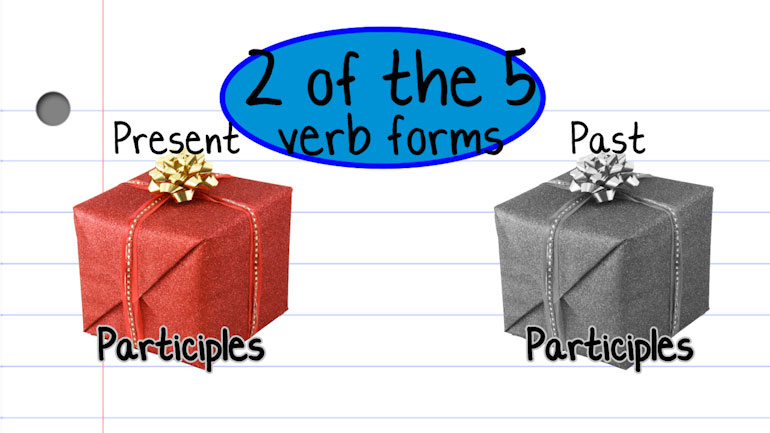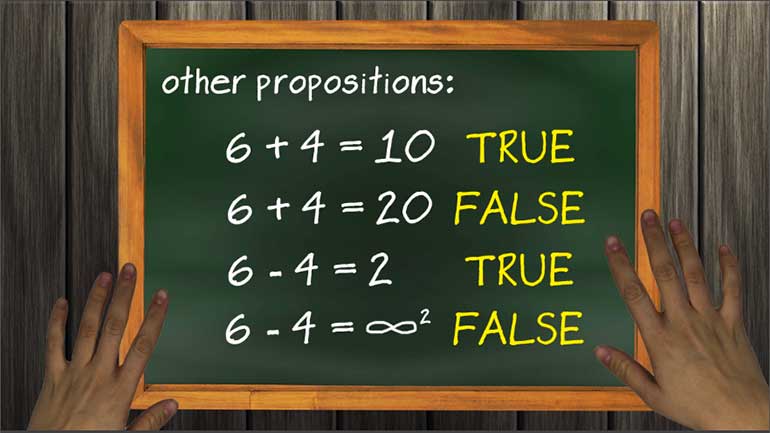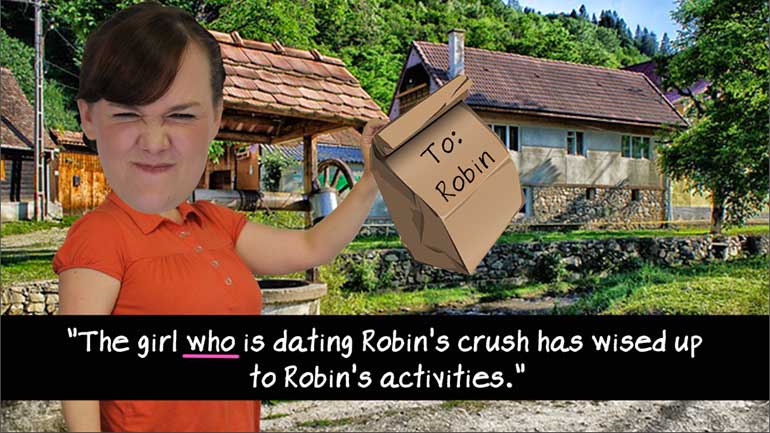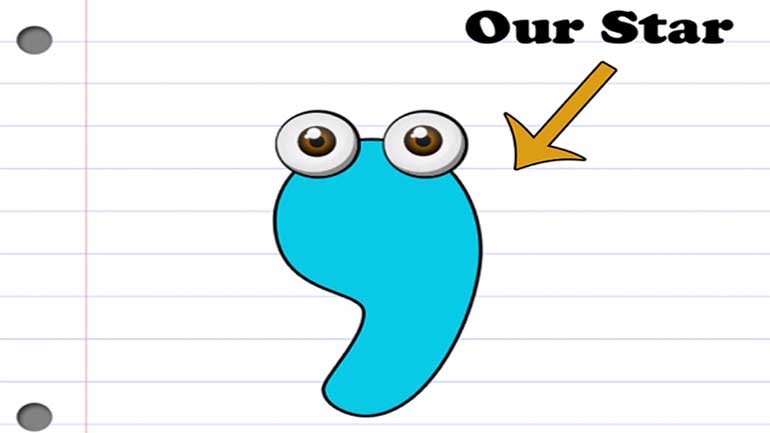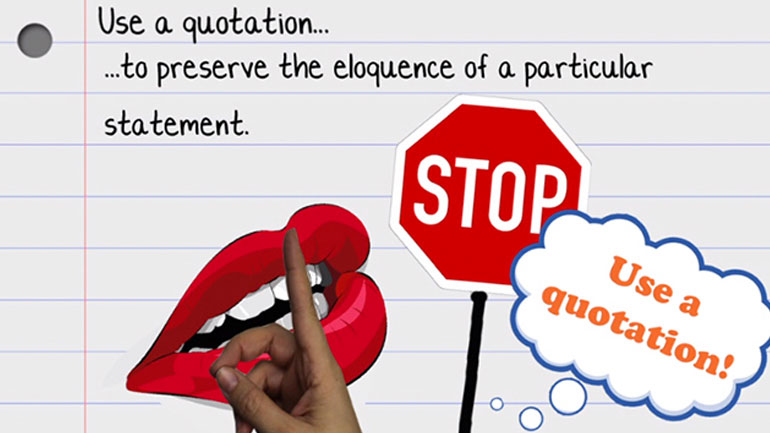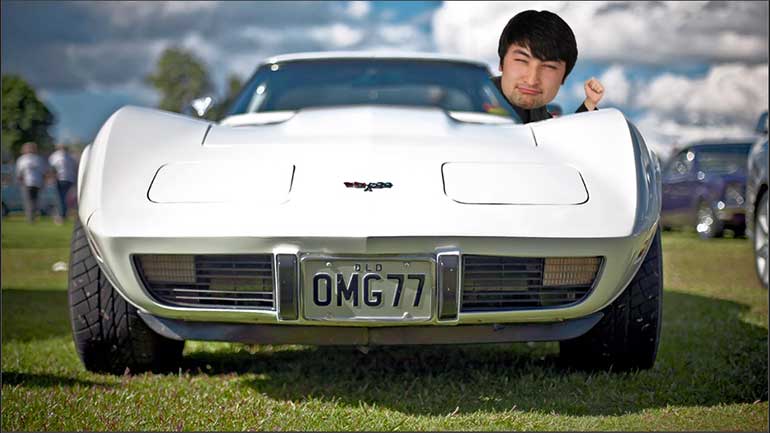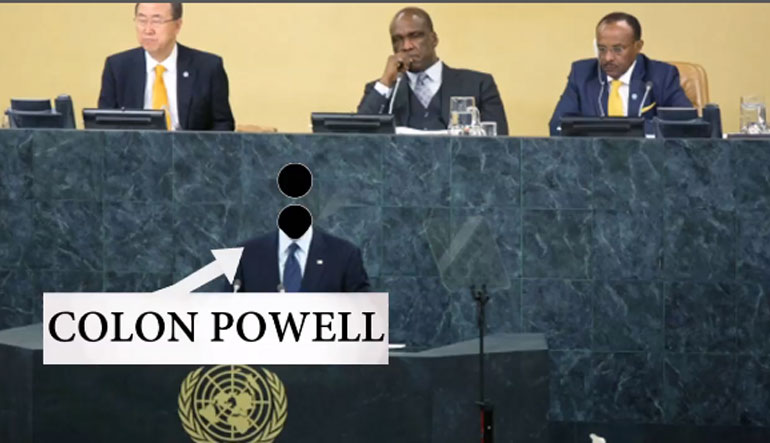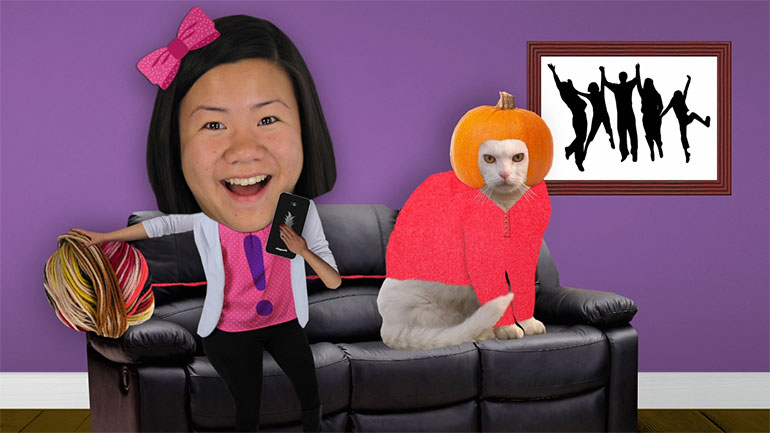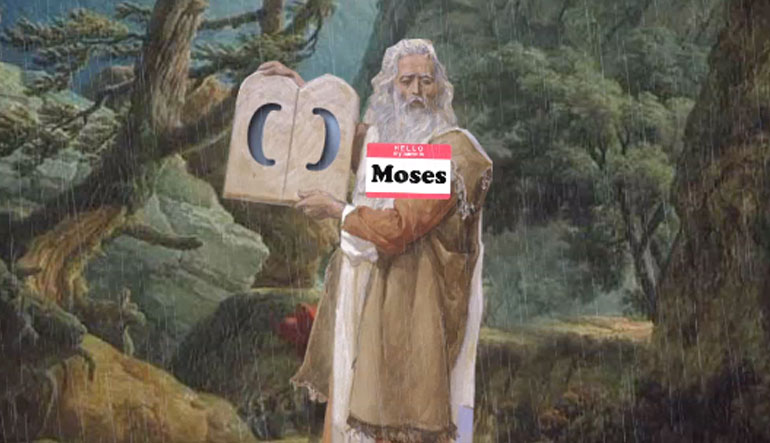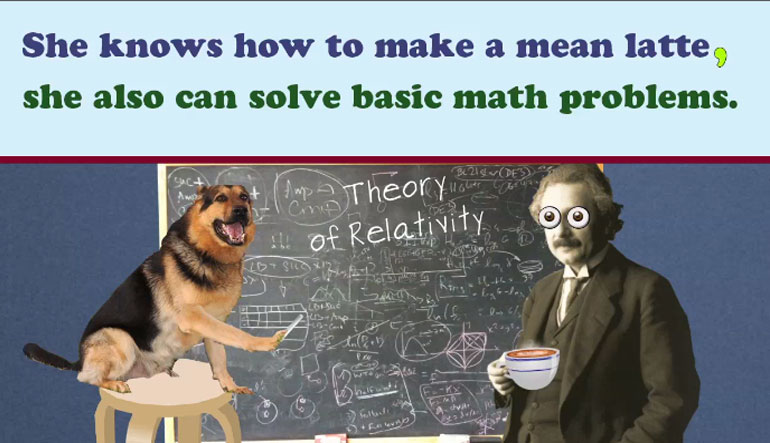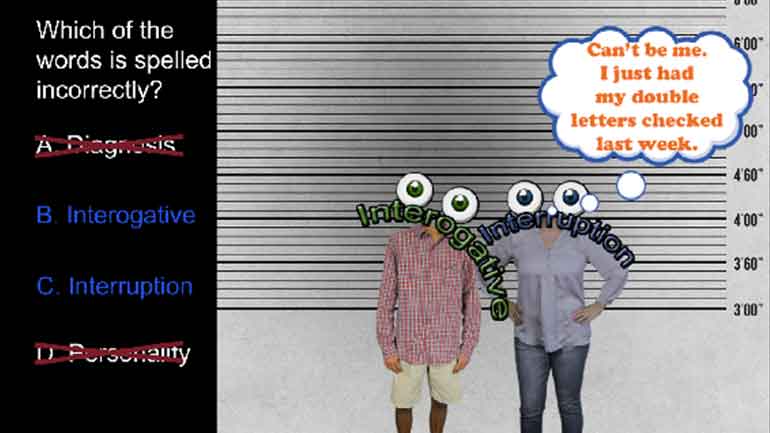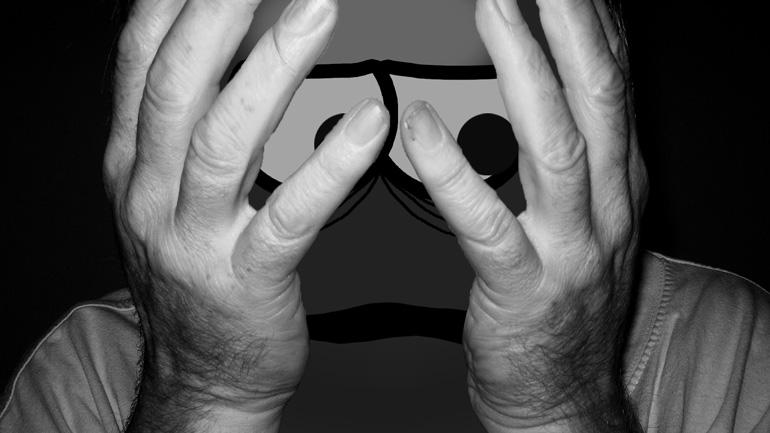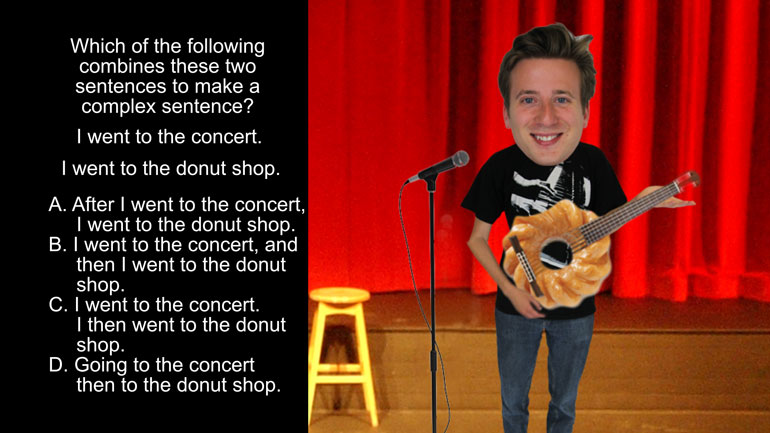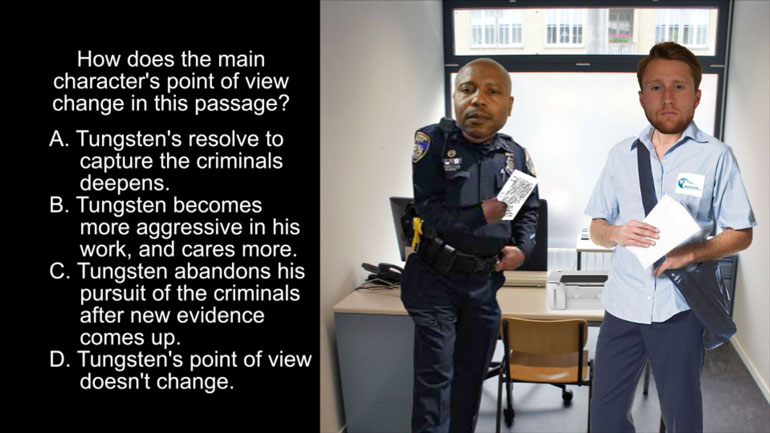ShmoopTube
Where Monty Python meets your 10th grade teacher.
Search Thousands of Shmoop Videos
Grammar & Punctuation Videos 93 videos
This video explains the difference between affect and effect and provide tips for remembering which is which and when to use each one. If you suffe...
Want even more deets on Question Marks? Click here to review. Or take a look at our entire grammar section for all the goods.
ELA Drills, Advanced: Main Idea 1 184 Views
Share It!
Description:
ELA Drills, Advanced: Main Idea. Which of these is a short statement about the main points of a story?
Transcript
- 00:03
Here's your shmoop du jour brought to
- 00:05
you by paraphrasing as the great Abraham Lincoln once said paraphrasing is like [Lincoln talking about paraphrasing]
- 00:11
the coolest thing ever well we might be paraphrasing and when
- 00:15
we say all that so let's just move on, sorry... A blank is a short statement about
- 00:20
the main points of a story. Here are the potential answers all right....
Full Transcript
- 00:24
...Alrighty so this one's just about knowing our [Young boy holding up a test paper graded A+]
- 00:29
vocab which of these four words is a short statement that basically sums
- 00:34
something up well there is our first clue
- 00:37
wink wink it isn't C; inference an inference is a conclusion you draw about
- 00:42
something based on what you know for example if you know that Abraham Lincoln [Man stood by a door and Lincoln walks through
- 00:45
hit his head a lot on low doorways you might make an inference that he was a
- 00:49
tall fellow and you'd be right option C on the other hand is wrong then there's
- 00:54
D; Theme, No not this one either a theme is an idea or subject of a piece of writing [Woman explaining the theme for a students next paper]
- 00:59
but it doesn't recap the main point like if you were reading an article about
- 01:04
Lincoln's liberation of slaves some of the themes might be about freedom [Boy studying about Lincoln and slavery]
- 01:08
equality justice you know all that good stuff but the themes alone wouldn't tell
- 01:12
you how he went about getting it done and there was a whole war in there by [Man riding a horse into a battle]
- 01:16
the way and that's a big thing to miss..
- 01:18
Paraphrase and summary are both similar in meaning except that a summary is a
- 01:23
thing while paraphrase is something you do i.e summary is a noun and paraphrase
- 01:29
is a verb we're looking for a short statement here so only a noun will fit
- 01:34
if you were to paraphrase you'd be summing a story in your own words, like [Two girls talking while on a hike]
- 01:39
you might tell someone about Lincoln's assassination by saying that he went to
- 01:43
the theatre with his wife and he was shot by some looney tune who was mad [Man shoots Lincoln at the theatre]
- 01:47
about the whole emancipation thing but a summary is the actual recap itself so B
- 01:52
is the winner but also as Lincoln said it's more important that we watch the [Lincoln talking to people on watching the whole video]
- 01:57
whole video than that we arrive at the correct answer
- 02:01
don't quote us at that...
Related Videos
ELA Drills, Advanced: Punctuation 1. Which option best completes the sentence?
ELA Drills, Advanced: Spelling. Which of the words is spelled correctly?
ELA Drills, Advanced: Point of View 1. Which of the answers best captures the author's purpose in writing this text?
ELA Drills, Advanced: Parts of Speech Question 3. The pattern depicted on the graph from 1980 to 1988 best serves as evidence to which of the follo...
ELA Drills, Advanced: Point of View Question 2. How does the main character's point of view change in this passage?






